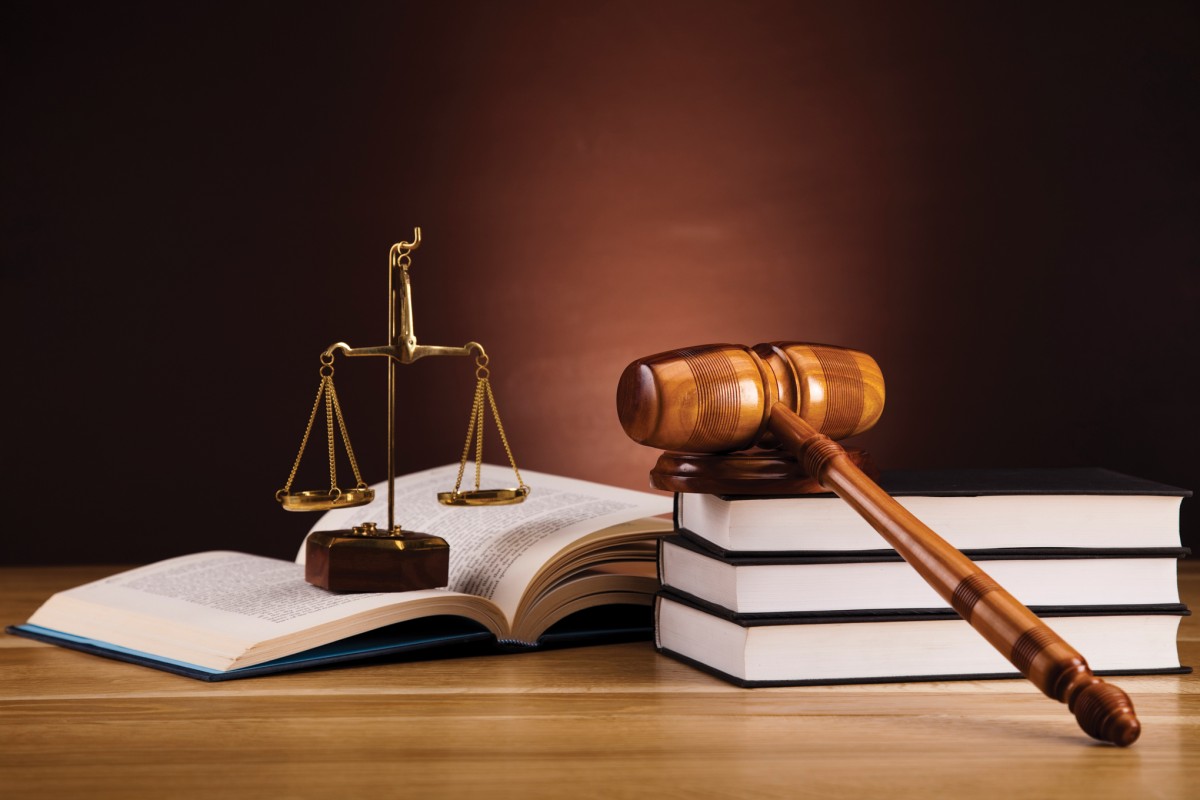Three attorneys from a nonprofit law firm formed in 1963 at the request of President John F. Kennedy have joined a federal lawsuit against two Westover police officers and the department’s former chief.
The Lawyers’ Committee for Civil Rights Under Law joined the civil suit filed by Umina Legal on behalf of Andre Howton last week in an amended complaint.
“This type of behavior of the officers here — calling an older Black man ‘boy,’ pulling him from his home, and then beating him mercilessly — is part of a pattern of unchecked violence against Black communities motivated by a sense of superiority and a lack of accountability,” said Arusha Gordon, associate director of the James Byrd Jr. Center to Stop Hate, a project of the Lawyers’ Committee. “From the murder of George Floyd, to the beating of Mr. Howton, this racist violence needs to stop. We are proud to join this lawsuit and look forward to fighting hand in hand with the firm of Umina Legal to ensure justice for Mr. Howton.”
Attorney Beth Lebow, of Umina Legal, said they are “thrilled” the Lawyers’ Committee has joined the case.
The lawsuit is the result of a New Year’s Day 2019 incident where officers Zachary Fecsko and Aaron Dalton, both white, pulled Howton from his home and beat him for half a minute. Both officers are defendants in the suit as is then-chief of police Rick Panico. The call was captured on Dalton’s bodycam.
Howton sustained serious and permanent facial injuries including multiple facial fractures and at least three teeth were knocked out.The amended complaint, filed in the Northern District of West Virginia on Jan. 15, also includes additional information about the racial aspect of the attack and newly discovered information about one of the officers since the original complaint was filed in July, Lebow said.
The word “boy” has a history of being used to demean Black men, Arthur Ago, director of the Criminal Justice Project at the Lawyers’ Committee, said. Courts have previously found the word “boy” — as used by Fecsko when he pulled Howton from his house — can have “serious racial implications, similar to the n-word, and may be evidence of racial hostility.”
In his 1845 autobiography, Frederick Douglass wrote about a slaveholder asking a Black man on the road ‘Well, boy, whom do you belong to?’ Martin Luther King Jr. also wrote about the term more than a century later, the amended complaint states.
In October, officers with the Westover Police Department wrote a letter accusing another officer of “rampant civil rights and criminal violations.” The suit states that letter refers to Dalton, who is on administrative leave.
Fecsko also still works for the department. Panico resigned around the time the letter was revealed.
“The utter disregard for the constitution rights of Mr. Howton, who requested assistance from these officers, is outrageous,” said Tianna Mays, senior counsel for the Criminal Justice Project. “The officers have a history of violence and should be ashamed to call themselves public servants. The failure to terminate them is only eclipsed by the failure to hold the system accountable at large.”
Ago said cases like Howton’s highlight the real-world impact of what is often an abstract conversation about race and policing. Lawyers’ Committee rarely initiates lawsuits, instead joining lawsuits across the country to vindicate and ensure people’s civil rights are maintained, Ago said. Similar to a general handyman calling an electrician or plumber service for a large project, the Lawyers’ Committe is specialized in cases similar to Howton’s.
The President of Lawyers’ Committee, Kristen Clarke, is nominated for the position of the Assistant Attorney General for Civil Rights at the U.S. Department of Justice by President-elect Joe Biden.




